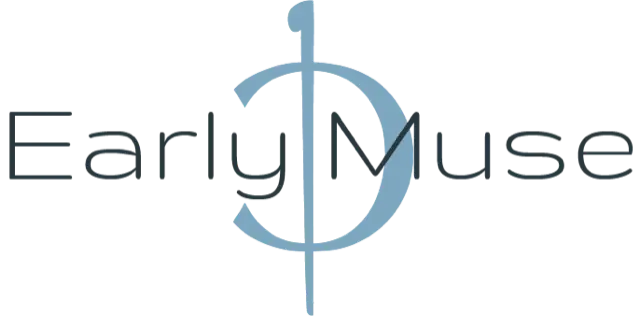Introducing COST Action EarlyMuse: A new ecosystem for early music studies

The early music movement functions as a unique ecosystem in the landscape of the cultural and creative industries. Just like the term “early music” itself, the movement has undergone significant evolution since the 1970s. Early music has thrived on the democratic exchange of information and practices across academia, industry, and the general public. This has enabled it to broaden its domain to include a wider variety of historical repertoires beyond its former focus on music from before 1750, approached with ears tuned to the past, present, and future of music. It is not uncommon in the world of early music to find people who are simultaneously researchers, performers, publishers, and instrument makers. Indeed, it was such cross-sectoral collaboration that inspired the movement in the first place: by rediscovering the music of the past, early music scholars and practitioners challenged the rigid professionalism of classical music, marked by stiff social hierarchies. As the movement developed across the later twentieth century, radical experimentation in research and performance became the norm; human diversity became a core value.
Today early music occupies an important place in the European academic and cultural landscape. Due to its radical roots, early music charts new paths for early-career scholars and performers from diverse backgrounds who have historically been under-represented and continues to innovate by rediscovering forgotten practices of European musical heritage. The lively early music festival scene across Europe is but one example of how early music contributes to tourism and the heritage industries. Early music is therefore a potent means of revitalising both scientific, musical practice-based, and broader cultural approaches to European cultural heritage.
Challenges remain
However, the early music movement currently faces a number of challenges that hamper its potential to fully capitalise on its past successes. Many sources for early music remain undocumented and inaccessible for all but a few insiders, limiting the ability of scholars and performers to engage with them. Although specialised early music courses have become a common feature in conservatoire departments across Europe, many of the academic skills that are required for a deep understanding of early music have become difficult to acquire due to the disappearance of specialist university courses.
Increasing professionalisation and specialisation in both performance and the music industry have diminished the dialogue between scholarship, performance, and dissemination, which had been a hallmark of the movement’s early years. Recent shifts in the Cultural and Creative Industries have profoundly transformed the world of culture, and the world of early music is vast and currently in a fragmented, disconnected state, with a lack of common understanding and shared vision for societal relevance between the various stakeholders.
Toward a new ecosystem of early music studies
In order to address these challenges in all their complexity and diversity, the EarlyMuse COST Action, launched in September 2022, brings together academic partners, music culture professionals and industry partners from 35 countries.
For the first time, COST has supported an Action devoted to a musical movement: early music.

EarlyMuse intends to chart new paths that will strengthen the unique place of early music in Europe, both in our intellectual and cultural practices and in its global appeal. Specifically, EarlyMuse will address six challenges: (1) scientific, (2) educational, (3) professional, (4) structural, (5) economic and (6) societal. The project will transform the scientific field, redraw the place of early music in higher education, attract original talent, deploy tools useful to emerging creative industries, and define public policy in the field of culture.
Preserving musical heritage and providing access to resources and training are essential steps towards enabling early music to participate in today’s CCI dynamic. Ultimately, EarlyMuse will chart a path that will enable the richness, diversity, and complexity of the early music field to be visible and accessible to all.
“Since the foundation of universities, it has been the case that music is both a science and an art. In the face of today’s digital challenges and the vertigo of artificial intelligence, how can we think about the musicology of sounding heritage and open up unexplored epistemological and institutional horizons?”
Dr Philippe Vendrix, Chair of EarlyMuse
EarlyMuse wishes to take up this academic and artistic movement in new directions in both research and training by strengthening collaborative practices between all players across Europe. As a result, the work of EarlyMuse will stretch beyond the boundaries of early music, providing models for other musical and cultural movements in need of futureproofing. Rethinking the scientific and experimental field, as well as the material and symbolic value of early music and its modes of promotion in the digital age and in the post-pandemic period, offers tremendous opportunities to revalorize and facilitate public access to a major part of European musical heritage.
Further information
View the Action webpage
View the Network website
Follow EarlyMuse on Twitter: @EarlyMuse and Facebook: EarlyMuse